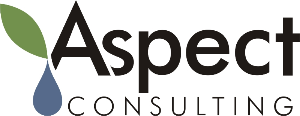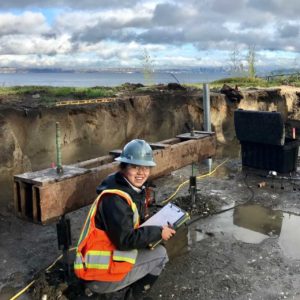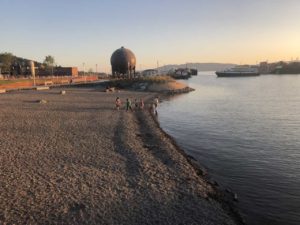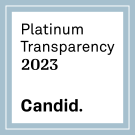Member Highlight: Aspect Consulting
 HDC appreciates all the passion, hard work, and dedication our members devote to the affordable housing movement. No single organization could make this impact and secure this progress alone. The collaboration and connection among members is the human energy that works to ensure all people have a safe, healthy, and affordable home. We want to show our appreciation and learn more about our affordable housing community through these member highlights as each member is crucial to achieving the larger vision of this movement. This week our featured member is Aspect Consulting. Thank you for all the work that you do!
HDC appreciates all the passion, hard work, and dedication our members devote to the affordable housing movement. No single organization could make this impact and secure this progress alone. The collaboration and connection among members is the human energy that works to ensure all people have a safe, healthy, and affordable home. We want to show our appreciation and learn more about our affordable housing community through these member highlights as each member is crucial to achieving the larger vision of this movement. This week our featured member is Aspect Consulting. Thank you for all the work that you do!
What excites your team about the work you are doing?
Aspect is a 100+-person, Northwest-based environmental science and engineering company with local roots. We know that being embedded in the communities that we serve is critical to our success. We look to use our technical skills to benefit the environment, our clients, and our community. Often the only sites left to develop are perceived as “not available” to the affordable housing community because the costs to get to shovel ready are too high. Unable to compete against the deeper pockets of private developers, non-profit housing developers pass on blighted sites. Why? The perception is that they are too risky, too costly, and too difficult to get to the finish line.
Through experience and creativity, the Aspect team has paved a new way to reduce environmental risk, cost and difficulties of buying and redeveloping contaminated property. We are excited about providing new opportunities to the housing development community who want to recycle contaminated land into better uses. To us at Aspect, this means helping client buy, clean up, and build affordable housing with integrated local businesses where the community can walk to transit, a coffee shop, or a local tailor. Success is helping clients obtain state funding for the cleanup and development of these sites.
What is a favorite office anecdote?
Around the Aspect office, we approach affordable housing projects with a “what does our community need?” mindset. Then we formulate plans where earth + water scientists and engineers can collaborate with planning and design teams trying to solve community problems. In our minds, all projects start with the earth – and if the earth isn’t satisfied at the end of a project, then we aren’t either. The great projects result in multiple “wins.” This is why affordable housing projects on cleaned-up land are so special – the earth is improved, property is recycled, the community gets new homes and businesses, and it’s an equitable solution.
What upcoming projects, partnerships, and news are you looking forward to?
Two projects that we’ve been working on with Mt. Baker Housing Association.
1) The Gateway Maddux North and Maddux South project at MLK Jr S and S McClellan; and
2) The Grand Street Commons mixed use project in partnership with Lake Union Partners at Rainier Ave S and S Grand St.
These two projects are literally breaking new ground in the affordable housing marketplace. Very complex, contaminated property that has sat fallow at prime transit hubs will now become new community gateways, hubs, centers.
Through Aspect’s understanding of what it takes to fund a cleanup project, we’ve been able to leverage relationships and community involvement expertise so that the Gateway and Grand Street Commons projects benefit through grants, insurance recovery, and liable party pursuit dollars. These “dollars” will be used to help defray significant environmental assessment and cleanup costs that would have prevented any other property acquisition and redevelopment from moving forward.
Learn more about our affordable housing work here: www.aspectconsulting.com/affordablehousing
What have you been most proud of during your time as an HDC member?
At Aspect we are most proud when a geologist or engineer can sit at a table with someone that we normally wouldn’t meet were it not for our HDC connection – and have a discussion about solving critical neighborhood issues. We’ve found that we are at our best when we put on our community cape first




